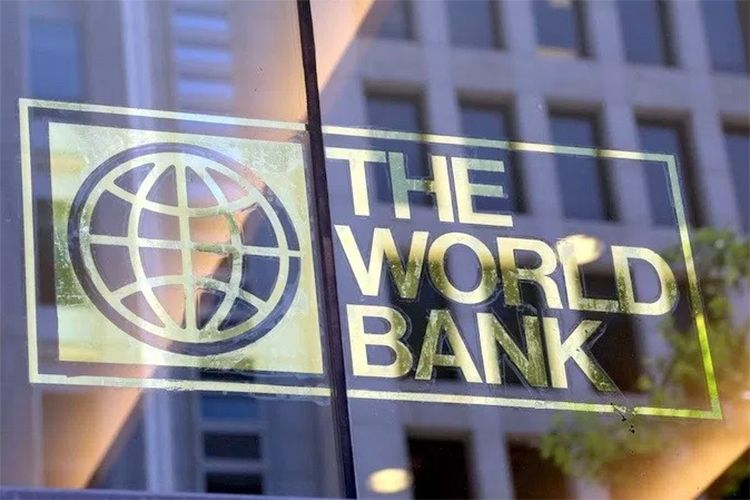RIO DE JANEIRO, BRAZIL – The World Bank confirmed in its latest report that Colombia currently ranks first in the Organization for Economic Cooperation and Development (OECD) region of countries with the highest rates of inequality in Latin America and the Caribbean.
The report shows that the Gini coefficient, a measure of inequality developed by the Italian statistician, found that household income reached 0.53 in 2019 after paying taxes and receiving transfers.
The peak of inequality in the country is evidenced by the summary of the income of the wealthiest 10% of the population, which is 11 times higher than that of the poorest 10%. In addition, the economic impact of the Covid 19 pandemic has increased inequality so that the Gini coefficient will be 0.54 in 2020, pushing 3.6 million more people into poverty.
Read also: Check out our coverage on Colombia
Inequality between men and women is still widespread in Colombia: according to the World Bank, a woman in Colombia is 1.7 times more likely to be unemployed than a man, and indigenous children do not have equal access to education, receiving two years less schooling than other Colombians.

In terms of education, the World Bank assures that the country is in a critical phase, especially in the case of Venezuelan migrants who have come to Colombia; the study assures that two-thirds of the children of foreigners are not enrolled in schools.
Moreover, the problem is magnified when families and their generations are studied, as it became clear that poverty is intergenerational: “Among a group of 75 countries, the transmission of the income gap from one generation to the next is most pronounced in Colombia. Reducing inequality is not only a moral goal, it also makes economic sense.”
“These types of problems begin in childhood and accumulate throughout life, leaving poor citizens without access to work or education opportunities that would allow them to improve their lives.”
In conclusion, the World Bank called on the government to develop public policies that would allow all segments of the population to access a level of education that would provide them with better employment opportunities and better living conditions.
“For example, it is estimated that Colombia’s GDP per capita would increase by 14% by 2050 if gender gaps in labor force participation and education were eliminated. An equal society would mean a better life for all,” the World Bank confirmed.

